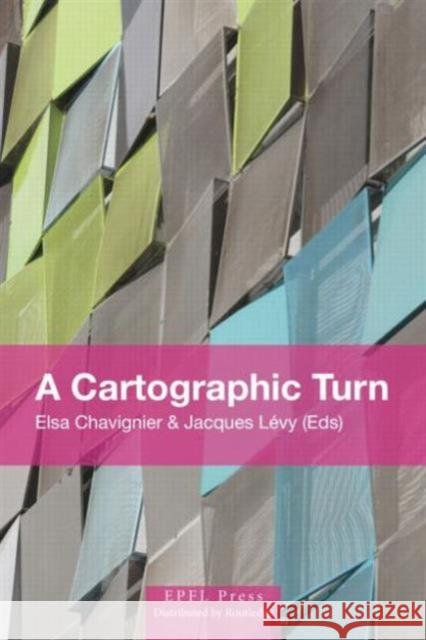A Cartographic Turn » książka
A Cartographic Turn
ISBN-13: 9780415729130 / Angielski / Twarda / 2016 / 280 str.
Contemporary cartography faces a threefold, simultaneous set of pressures. First, it is clear that a restricted circle of specialists no longer holds a monopoly over cartographic production and that there is no longer any implicit agreement about maps. Secondly, scientific and technological innovations are rapidly modifying the boundaries between what a map is and is not, increasing the importance of the individual user or map maker. Finally there is a great need for cartographic instruments to empower the citizen-cartographers, tools to help them make sense of the maps that they are making. What is needed is an innovative framework able to help us to think about cartography not only in terms of knowledge, but also in terms of ethics. Ethics is approached here as a fundamental component of an overall emerging self-reflexive attitude: what actually are the social values and responsible attitudes that are at stake in cartographic practices? If we are able to understand how the relationship between a society and its maps tends to design new configurations, we can enhance scientific and technological innovation. We can also contribute to a more general public debate on spatial visualization, which would imply the breaking up of the impermeable borders that persist between academic disciplines.











